Well, you gotta start somewhere, might as well look to the past for your brand new ideas. Not that it's bad, it isn't. In fact, it's reasonably interesting, and catchy to boot. It is, after all, pop music. It's also a way of keeping the past alive and kicking. If you have to play dress-up to capture people's attention, so be it!
So, you get a bunch of youngsters making out like depression era old-timers. Bob Dylan started out that way, so who's to say. You could have some 3rd generation hippies dressed like space-wizards. And, who'd want that! It could, no doubt, be a lot worse.
Mark Magula
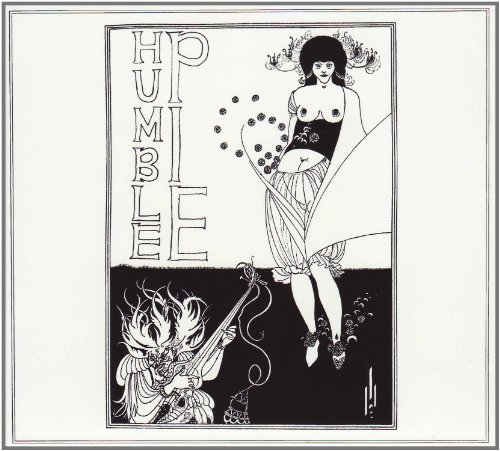
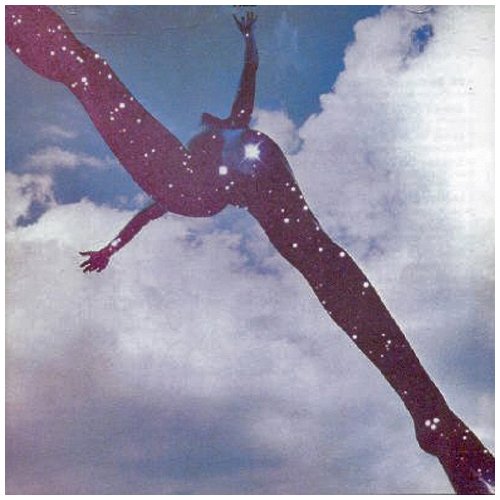
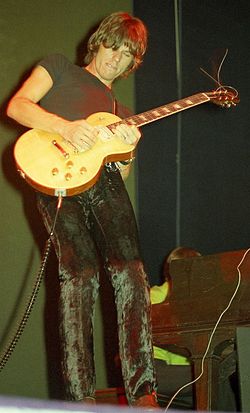
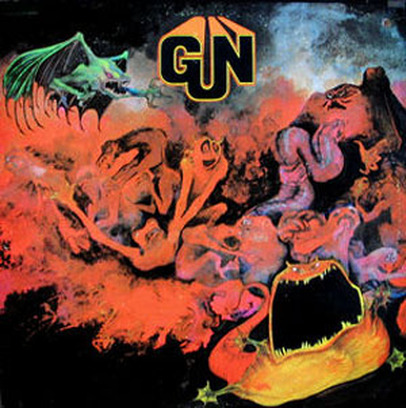
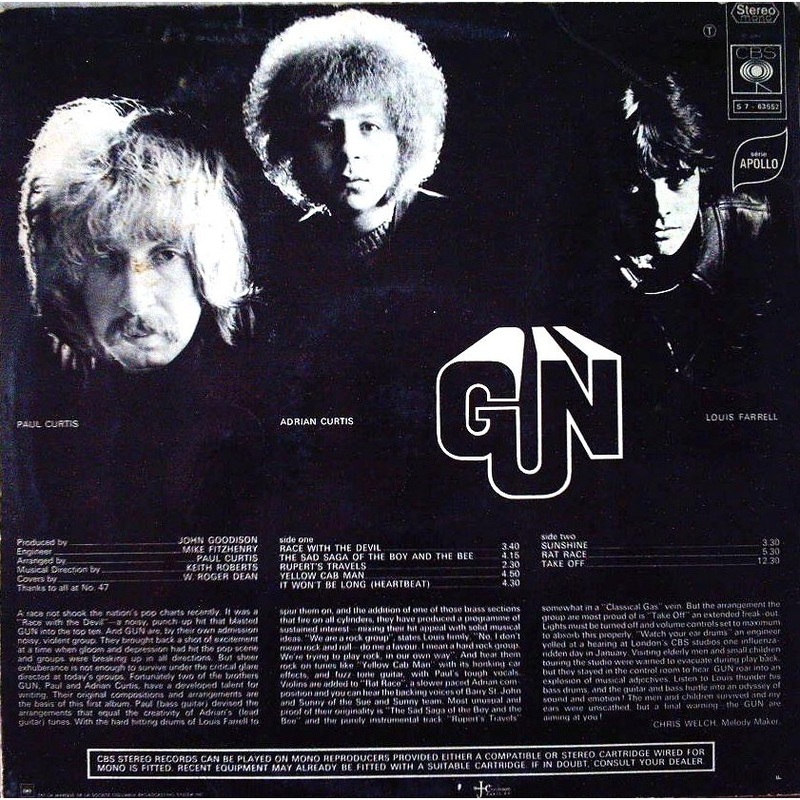
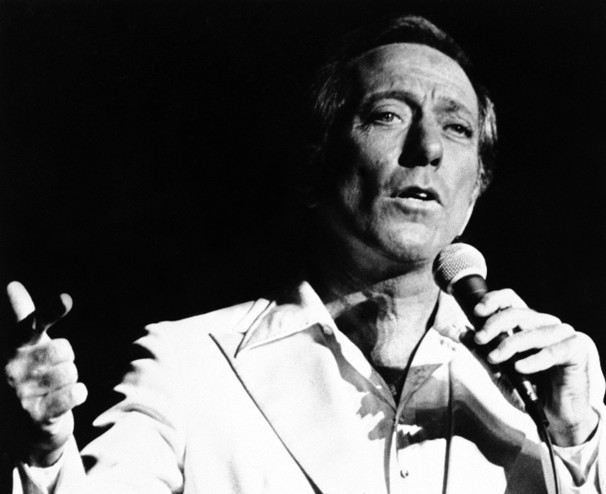
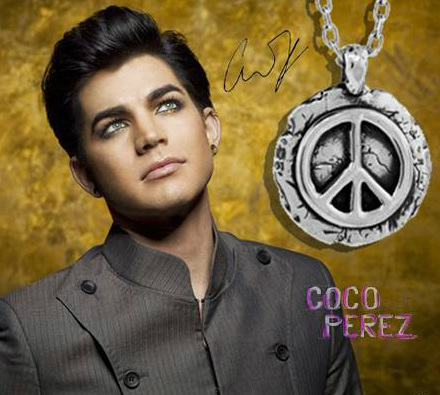
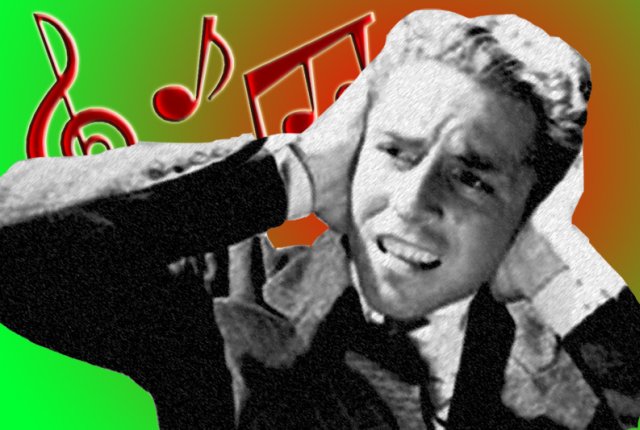
 RSS Feed
RSS Feed